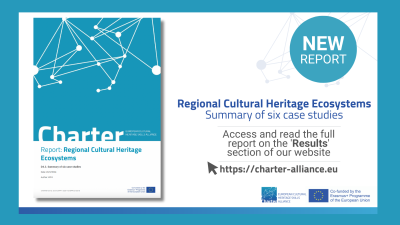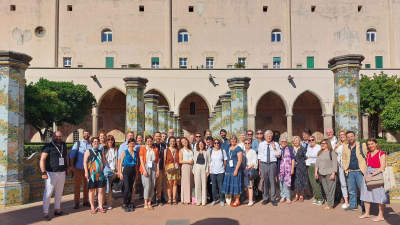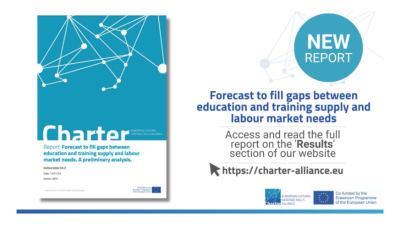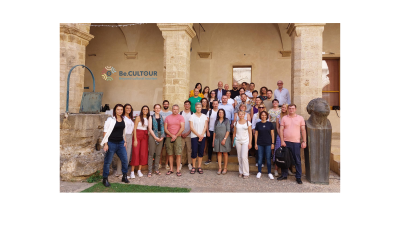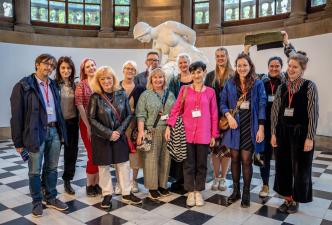
Region Västra Götaland, home to 49 municipalities and 1.7 million inhabitants, is responsible for medical care, public transport, and regional development, in addition to providing access to culture, and fostering growth and sustainable development. We work to increase our regional attractiveness and competitiveness by collaborating on many levels with our 49 municipalities, academia, the private sector, and other public and international organisations.
Contact detail
-
Head of office
-
Contact person
-
Brussels Office Address
Rue du Luxembourg 3
1000 Brussels
Belgium
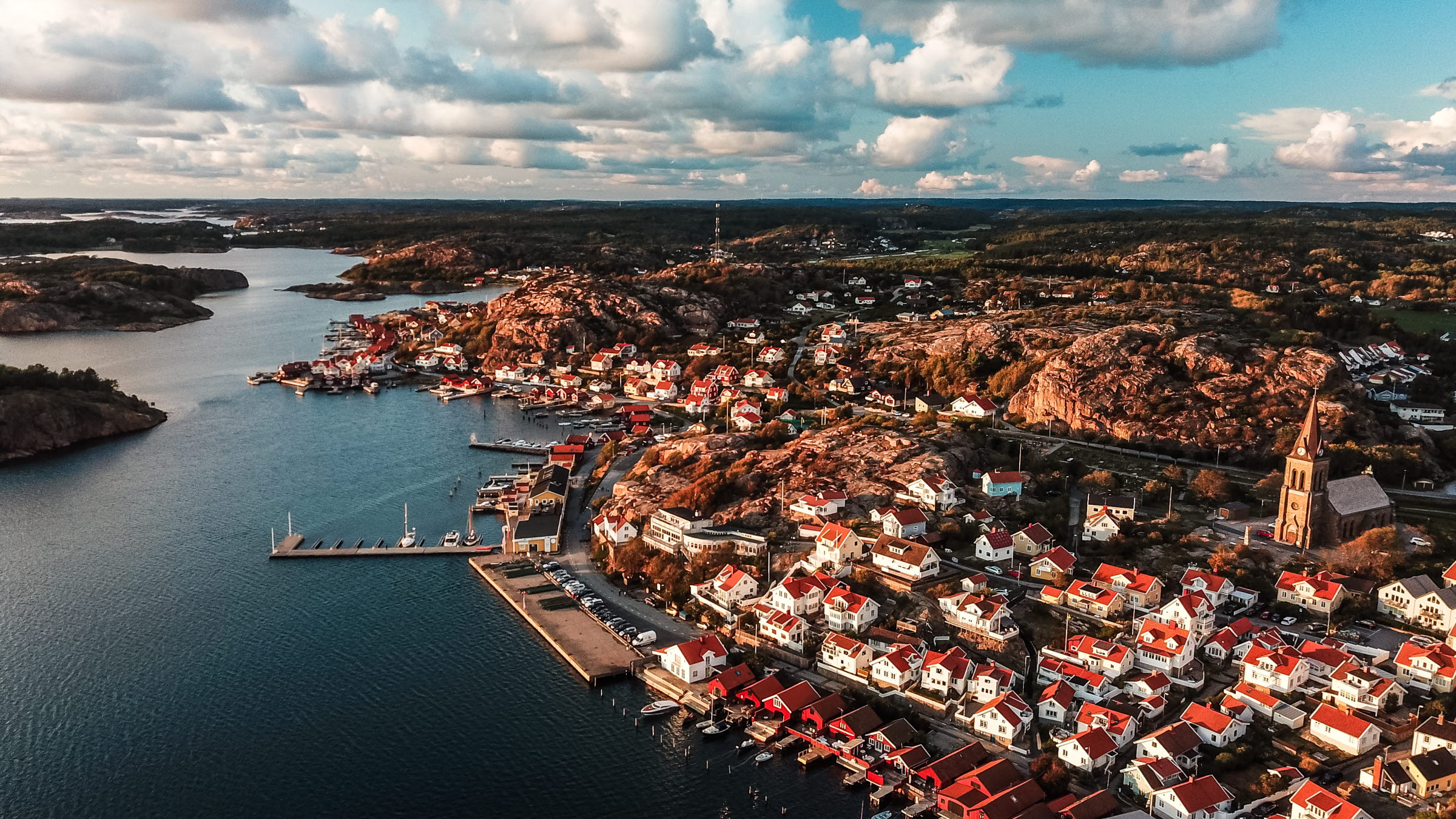
S3 Strategy
Västra Götaland is a European innovation leader, with a long tradition of being a forerunner in technical development and a strong industrial base. The region is home to several large industries such as Volvo Cars, Volvo Group, SKF and Astra Zeneca, and provide a well-established infrastructure for innovation with its five universities, six science parks, eight incubators and one third of all Swedish test beds. As much as 25 percent of Sweden’s R&I investments are invested in Västra Götaland and we are an active partner in the EU with a track record of many successful R&I projects. Region Västra Götaland’s programme Strengthening the innovation potential 2022-2025 is also the regional strategy for smart specialisation (S3). The strategy points out five focus areas: 1) Sustainable Industry, 2) Health and Life Science, 3) Food, Bio-based Materials and Renewable Energy, 4) Sustainable Mobility and Transport, 5) Tourism and Culture and Creative Industries.
Latest Updates
- By Astrid Hannes
How is cultural heritage integrated into regional development? CHARTER Alliance publishes new report on six regional case studies conducted by ERRIN
CHARTER, the European Cultural Heritage Skills Alliance funded by Erasmus+, has released a new report showcasing findings and conclusions from six regional case studies conducted by ERRIN members in the Basque Country (Spain), Sibiu (Romania), Bremen (Germany), Alentejo (Portugal), Tuscany (Italy), and Västra Götaland (Sweden) in 2021-2023. The report synthesises how skills for cultural heritage are integrated into regional development policies and strategies, examining sector-integrated dynamics within these regional ecosystems. The report provides recommendations for developing long-term regional skills policies, enhancing skills governance and strengthening skills intelligence at the regional level through data-driven policies.
- By Gianpiero Petruzziello
Be.CULTOUR Project wraps up a successful journey on circular cultural tourism
In a dynamic two-day event held on 5 – 6 May in Naples, Be.CULTOUR, project in which ERRIN is a partner, successfully hosted its final event 'Beyond Cultural Tourism: Beautiful, Circular, Human'. The results of the project, the tools developed, and the materials and guides produced to inspire and accompany any other regions interested in boosting their sustainability and entrepreneurship of local cultural tourism are available on the Be.CULTOUR website.
- By Astrid Hannes
New CHARTER Report: Forecast to fill gap in Heritage Education and Training
In its new report, "Forecast to fill gaps in Heritage Education and Training", the CHARTER EU Alliance delves into the gaps and needs of Cultural Heritage professionals in Europe. This report maps the main challenges for professional development in heritage, encompassing technology, sustainable development, professional collaboration, public administration, diversity, funding, social uses, knowledge transfer, occupation coding, and skills description.
- By Francesca Pozzebon
EU Research Champions Sustainable Cultural Tourism
As one of the eight Horizon 2020 research projects included in the latest CORDIS Results Pack, ERRIN's Be.CULTOUR project features as a good practice to promote sustainable cultural tourism. The results showcase how working with local communities and cultural heritage leads to better conservation practices and authentic visitor experiences while boosting local economies. CORDIS, the EU's research results platform, disseminates findings from EU-funded research to drive innovation across multiple sectors.
- By Gianpiero Petruzziello
Be.CULTOUR peer-learning visit – Policy recommendations on circular cultural tourism
The Be.CULTOUR community gathered in Sciacca, Italy, on 21 -22 September, for the second Be.CULTOUR peer-learning study visit. The event, organised by ERRIN and hosted by The 5 Senses Open-air Museum of Sciacca, one of the 16 Be.CULTOUR mirror ecosystems, provided an excellent opportunity for 50 participants coming from different countries in Europe to share inputs for the Be.CULTOUR policy recommendations on circular tourism and engage in knowledge-sharing and best-practice discussions.
- By Francesca Pozzebon
ERRIN members get Saltaire Inspired: Be.CULTOUR study-visit & Local workshop in Saltaire, Bradford
International partners from Be.CULTOUR project community traveled to West Yorkshire from 27 to 30 May to learn more about key events and destinations in the district, including Bradford 2025, exchange successful approaches and build collaborations. The visit was organised in the frame of the peer-learning activities of Be.CULTOUR, where Saltaire Inspired, an arts charity creating contemporary art events in Saltaire Industrial Village, a UNESCO World Heritage Site, is one of the 16 mirror ecosystems. Among the visitors, 3 ERRIN members took part in the event, presenting their innovative approaches toward circular cultural tourism and experience as Capitals of Culture: the City of Leeuwarden, APT Basilicata and the City of Savonlinna.
